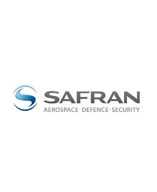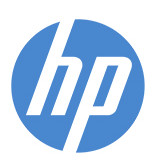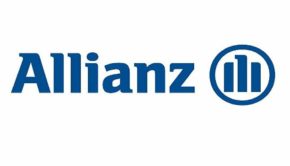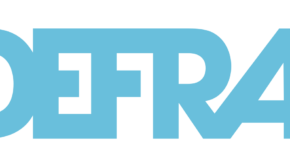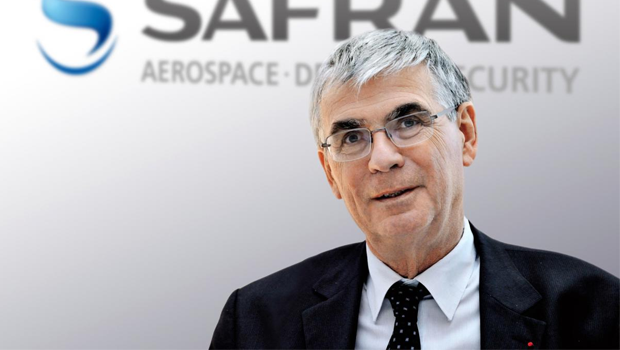ACTIVITIES
Safran’s commercial activities are divided into three sections: aerospace, defence and security. The company produces high-technology engines for civil and military airplanes and helicopters. It also produces propulsion systems for ballistic missiles and satellites. Safran also develops start-of-the-art equipment, including software, to meet the air, land and sea defence and security requirements of customers ranging from individuals to governments.
HISTORY
Safran was formally established on 11th May 2005 by the merger between Snecma and Sagem SA. The corporation is a holding company for a large number of prestigious brands within the aerospace, defence and security industries.
The historical roots of Safran date back to 1905, to the inventors of the first aeronautical rotary engine. On 6th June 1905 Louis and Laurent Seguin founded the ‘Société des Moteurs Gnome’ in the Paris suburb of Gennevilliers. Their rotary engine known as the Gnome Omega would soon set the standard for airplane engines around the world. After the acquisition of the Le Rhône Company in 1912, the new corporation Gnome & Rhône became one of the world’s leading manufacturers of aircraft engines.
In 1925 Marcel Môme founded Sagem (the Société d’Applications Générale d’Electricité et de Mécanique). Its commercial activities related to mechanical engineering, the manufacture of precision equipment for the French navy, and from 1939 onwards, telephony and the telecom business.
The Gnome & Rhône company was renamed Snecma in 1945 after it was nationalized by the French government. Over the following decades, both Snecma and Sagem would expand and diversify their commercial activities.
In the 1960’s Sagem produced the first infrared guidance system for air-to-air missiles, a periscope for France’s missile launching nuclear submarines and navigation systems for commercial jetliners including the Airbus A300.
In the 1970s Snecma merged with Messier to become the industry leader in the manufacture of landing and braking systems. This complimented its already prestigious status as a leading manufacturer of commercial jet engines.
Through the 1980’s and 1990’s both Sagem and Snecma continued their expansion through a series of corporate acquisitions and mergers. This strategy significantly increased their technical capacity and led to the creation of new technologies across a range of sectors, including mobile phones, fax machines, the Internet, biometric fingerprint recognition systems and satellite televisions.
A corporate merger between Sagem and Snecma was announced in October 2004. Jean-Paul Béchat (Snecma) was named CEO of the new group and Mario Colaiacovo (Sagem) as the Chairman of the Supervisory Board. Tensions between both executives remained high until January 2007, when Francis Mer was appointed as the new Chairman of the Supervisory Board and Jean-Paul Herteman as the new CEO of the Safran group.
From 2008, the Safran Group divested from its mobile phone and broadband businesses and refocused on its core business of aerospace, defence and security.
DESCRIPTION / KEY FACTS
In 2012 Safran generated €13,560 billion in sales. In 2012 the company invested €1.6 billion in research and development, and filed for more than 750 patents in that year.
The name ‘Safran’ was chosen from 4,250 suggestions received when the Snecma and Sagem companies merged in 2005 to form the Safran group. The name translates as ‘rudder blade’ and symbolizes the role of the holding company in providing direction and strategies for its various corporate subsidiaries.

